ras alhkhaima Candidate Cities
Early life and education
Sheikh Saud was born in Dubai on 10 February 1956.[1] He is the fourth son of Sheikh Saqr bin Mohammed Al Qasimi, his predecessor as the Ruler of Ras Al Khaimah and UAE Supreme Council Member, who died on 27 October 2010.[2] He completed both his primary and secondary education in Ras Al Khaimah and then attended the American University of Beirut (AUB) in July 1973 to pursue his studies in economics. When the Lebanese civil war broke out in Beirut in 1975, Sheikh Saud transferred to the University of Michigan, where he received a bachelor's degree in economics and political science.
Career
Royal accession
Sheikh Saud with John Chambers (CEO of Cisco Systems)
On his return to Ras Al Khaimah in 1979, Sheikh Saud was appointed Chief of the Ruler's Court to assist his father, Sheikh Saqr, in the administration of the sheikhdom. Sheikh Saud became Crown Prince and Deputy Ruler of Ras Al Khaimah when his father, Sheikh Saqr bin Mohammed Al Qasimi, unexpectedly dismissed his elder half-brother, Sheikh Khalid bin Saqr Al Qasimi on 14 June 2003 for his hostility towards the US-led 2003 invasion of Iraq. Abu Dhabi, the lead emirate of the UAE, sanctioned the dismissal and demonstrated support for Sheikh Saud by sending armored vehicles to Ras Al Khaimah.[3] On 27 October 2010, upon the death of his father Sheikh Saqr bin Mohammad Al Qasimi, who ruled Ras Al Khaimah for 62 years, Sheikh Saud officially became the Ruler, according to a statement from the seven-member federation of the United Arab Emirates.[4]
Business career
In 1986, Sheikh Saud became the Chairman of the Ras Al Khaimah Municipal Council. In 1989, he recruited the Swiss-Lebanese engineer Khater Massaad, who helped Sheikh Saud develop comprehensive industrialization plans for Ras Al Khaimah, the most important being the establishment of RAK Ceramics. The company formed when Sheikh Saud and Massaad recognized the potential of exploiting the abundant raw materials in Ras Al Khaimah for use in the production of ceramics.[5][6] With Massaad as CEO, RAK Ceramics tile and sanitary ware production facilities were created from scratch 15 kilometers southwest of the town of Ras Al Khaimah, at Al Jazira Al Hamra. Relying since its creation in 1991 on inexpensive Asian labor, the company became the largest producer in the world over a period of about 20 years. As of 31 December 2012, Sheikh Saud bin Saqr Al Qasimi personally continues to be the largest individual shareholder (39.88 percent of total shares), while the Government of Ras Al Khaimah benefits from a 4.98 percent stake in RAK Ceramics.[7]
Achievements
Sheikh Saud has implemented vast organizational and economic reforms that have transformed RAK into an attractive destination for foreign investment – culminating in a A/A-1 rating over several years by Standard & Poor's and Fitch.[8]
Sheikh Saud at ITT Event
Drawing from the experience of his private sector successes, such as the rejuvenation of Gulf Pharmaceutical Industries (Julphar) and the creation of the world's largest ceramics manufacturer, RAK Ceramics, Sheikh Saud's economic insight and business savvy have helped bring about unprecedented development and growth across the emirate. Soon after Sheikh Saud's accession as Crown Prince, RAK Government asked the World Bank to conduct a study on the foreign investment avenues available to the emirate and has formulated a comprehensive master plan for development.[9] In 2005, RAK Government and the World Bank organised a conference called 'Live and Invest in Ras Al Khaimah' to present before investors the vast potential that the emirate holds for investment.[10]
Sheikh Saud's reform initiatives improved the emirate GDP per capita from AED 35,000 in 2001 to an estimated AED 104,680 in 2018.[11][12]
In recognition of his successes, Sheikh Saud has received several awards, including an Honorary Doctorate from the University of Bolton, UK, in 2010; an Honorary Fellowship of the Jawaharlal Nehru Centre for Advanced Scientific Research in India, in 2013; and an Honorary Doctorate Degree in Economics from Incheon National University, South Korea, in 2018.[13] The award from the University of Bolton was given in recognition of his role in supporting education in the emirate and for attracting leading academic institutions from around the world to Ras Al Khaimah.[14] In November 2018, he was named Visionary Leader of the Year at the Arabian Business Awards in Dubai.[15]
Public services
In addition to running a sound government, Sheikh Saud has also been deeply concerned with the social development of the Emirate, focusing special attention on improving education[16] and healthcare. He created the Sheikh Saqr Overseas Scholarship Program[17] to encourage and enable local men and women to pursue higher education at first class international universities.[citation needed]
Additionally, the American University of Ras Al Khaimah (AURAK) was established to facilitate access to world-class higher education in the emirate. The University of Bolton set up its first Middle East campus in the emirate in 2008 and the University of Stirling, UK, established a campus in Ras Al Khaimah in 2018.[18][19]
The Ras Al Khaimah Centre for Advanced Materials (RAK- CAM) was founded under the patronage of Sheikh Saud in late 2007. RAK-CAM is envisioned to become a flagship for advanced Materials science research in the Middle East that addresses critical issues in areas such as alternative energy sources, construction, water purification and environmental preservation.[20] It holds an annual workshop in Ras Al Khaimah called International Workshop on Advanced Materials (IWAM), which brings together scientists and academics from across the globe to discuss advanced materials.[21]
Sheikh Saud has also sponsored the building of Ras Al Khaimah Medical and Health Sciences University (RAKMHSU) to train future generations of doctors, nurses and pharmacists for the UAE as a whole, helping to address the chronic shortage of nurses in the UAE.[22] The university opened in 2006 with just 22 students but by 2018, it had more than 1,300 students from almost 50 countries.[23]
In 2007, Sheikh Saud opened the doors of RAK Hospital,[24] a joint Swiss-UAE venture and the first full service private hospital in the emirate.[25]
In 2009, Sheikh Saud set up by Emiri decree the Al Qasimi Foundation for Policy Research,[26] a non-profit quasi-government organisation that aids the social, cultural and economic development of Ras Al Khaimah. The Foundation has a goal of generating a world-class body of research on Ras Al Khaimah and the broader UAE, develop local capacity in the public sector and engage the community in its work.[27] Its initiatives range from studying Arab fathers' involvement in parenting and philanthropy in education to organizing the Ras Al Khaimah Fine Arts Festival, conducting "English for Life" courses among the population and operating a studio and gallery.[28]
Administration
Domestic policy
Sheikh Saud has a pro-business and pro-development mindset and has overseen the introduction of free zones and industrial parks, efficient business licensing procedures and offshore corporate registration. Under his guidance, RAK Government adopts an institutional approach to business procedures, to reduce red tape and improve the ease of doing business. He has expanded and diversified Ras Al Khaimah's economic base and improved the quality of its social services. His policies have resulted in sustained growth for Ras Al Khaimah and a consistently high credit rating with both Fitch and S&P for over 10 years.[29][30][31][32]
Economic policy
In the years up to 2010, Ras Al Khaimah's economic policy was marked by expansion, notably in industry through companies such as RAK Ceramics, RAK Ports and RAK Rock, real estate through Al Hamra Group, and business services through Ras Al Khaimah Free Trade Zone. The global financial crisis belatedly reached the UAE. Following Dubai's de facto default in November 2009, Ras Al Khaimah was heavily hit. In 2010, Sheikh Saud's new economic adviser Jim Stewart, the CEO of RAK Investment and Development Office,[33] altered Ras Al Khaimah's economic strategy from debt-fueled growth to austerity. The aim was to bring the 5 billion AED (or US$1.37 billion) debts of Ras Al Khaimah under control.[34] Sheikh Saud instructed the CEO of RAKIA and RAK Ceramics, Khater Massaad, to sell all global assets, notably in Georgia, where the emirate held shares in three main companies - RAKIA Georgia LLC, Rakeen Development LLC, and RAKIA Georgia Free Industrial Zone. Real estate there and in particular the Port of Poti were labeled "not a strategic asset" in the October 2010 cover story about Khater Massaad, "The Man Who Sold The World".[35] Similar debt reduction policies started to be applied to other enterprises in which Sheikh Saud personally or Ras Al Khaimah had shares in, the most important being RAK Ceramics. In February 2018, RAK Ceramics recorded profits of 315.5 million AED and debts had reduced from 1.574 billion AED in October 2012 to 1.4 billion AED in 2018.[36][37] Overall in Ras Al Khaimah since the global financial crisis, debt has been reducing and sustained growth has been witnessed. In 2018, government debt (including that of state-owned enterprises) is expected to fall to a low 20 per cent of GDP, from 33 per cent in 2015. The emirate has also maintained its A/A-1 rating with a stable outlook by both Fitch and S&P for several years.[38]
Accession dispute
After Sheikh Saqr replaced Sheikh Khalid as crown prince with Sheikh Saud in June 2003, from exile Sheikh Khalid began an unsubstantiated smear campaign against his younger half-brother involving the payment of millions of dollars to US lobbyists and an English solicitor to "undermine the current regime's standing" as a means for Sheikh Khalid to regain power in Ras Al Khaimah. The campaign culminated in October 2010 upon the death of Sheik Saqr. Sheikh Khalid returned from exile in London in an attempt to initiate a bloodless coup but the UAE government supported Sheikh Saud's right to rule the emirate and so he prevailed.[39]
Sheikh Khalid had claimed that Sheikh Saud and Ras Al Khaimah had connections to Iran. However, these accusations stem either directly from the former crown prince of RAK or indirectly from research he funded with a vested interest in embarrassing or undermining the regime in the hope of returning to power.[40][41][42]
Khalid's US communications team[who?] insisted these claims were "well sourced", but they were rejected by the UAE embassies in London and the US. The UAE also denied the Sheikh's claim that RAK had links to Iran's nuclear program and that a port in RAK had, in effect, become an Iranian base, allowing Tehran to avoid international sanctions. Instead, the Embassy described the claims as attacks that were "baseless and without foundation."[43]
"These appear to be old, scurrilous rumors which Sheikh Khalid has made on numerous occasions," a spokesman for the UAE said in a statement. "His claims are baseless and without foundation and should be seen in the context of his long-standing dispute with his family. We are surprised that these old allegations are now being rehashed once again."[42]
The Islah Movement (Al Islah), a reformist political current with ideological though not organizational links to the Muslim Brotherhood, historically had strong support in Ras Al Khaimah but its influence and reach has diminished since it was disbanded in 1994.[44] One of its leaders was the human rights activist and lawyer Muhammad Al-Mansuri (Mohammed Al-Mansoori). He was a legal adviser to Sheikh Saud but was dismissed in December 2009. Later, he was among the so-called UAE 94, a group of reformists tried in the UAE. Al-Mansoori was among 69 people sentenced on 2 July 2013 by the Federal Supreme Court in Abu Dhabi (25 were acquitted) and received a jail term of ten years for "belonging to an illegal, secret organization ... that aims to counter the foundations of this state in order to seize power and of contacting foreign entities and groups to implement this plan."[45][46]
Personal life
Sheikh Saud is married to Sheikha Hana bint Juma Al Majid[47] and has six children[48] named Sheikh Mohammed (Crown Prince), Sheikha Amneh (Chairperson of RAK Investment and Development Office), Sheikh Ahmed (Chairman of RAK Hospitality Holding,[49] Chairman of RAK Petroleum Authority,[50] President of Al Rams Sports and Cultural Club), Sheikh Khalid (Chairman of Al Marjan Island and Vice-Chairman of RAK Investment and Development Office), Sheikh Saqr and Sheikha Mahra.[51][52]
Saud's four sons serve in the United Arab Emirates Armed Forces National Service, two of them, Mohammed and Ahmed, were deployed to the Saudi-led intervention in Yemen. Ahmed was injured and was transferred to the United States for treatment.[53]
Visual Archive
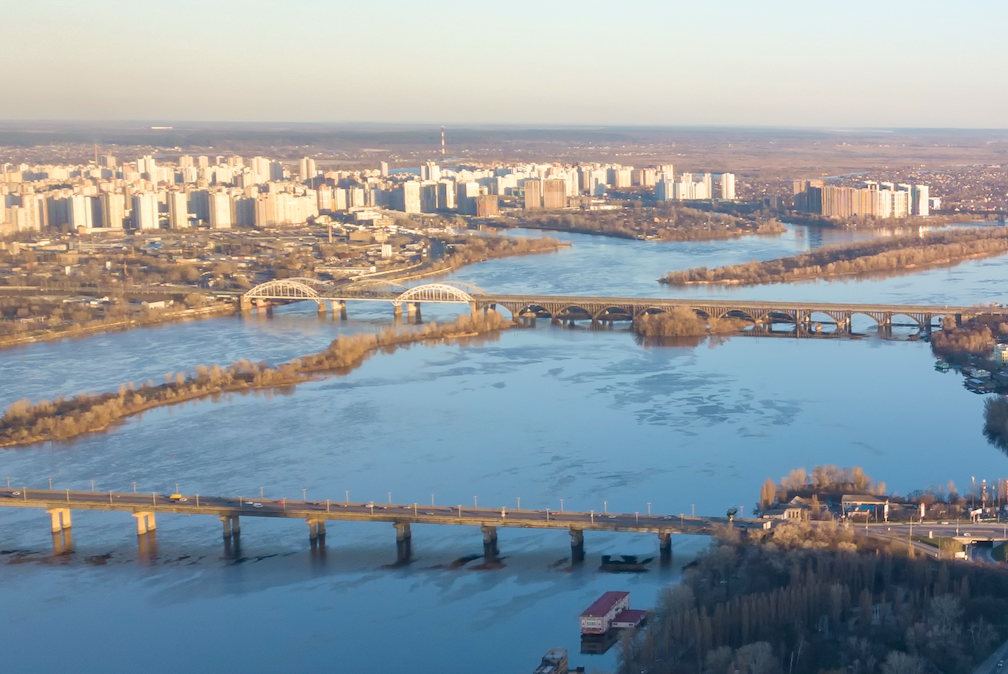
Saudi Arabia supports Egypt and Sudan in upholding legitimate water rights
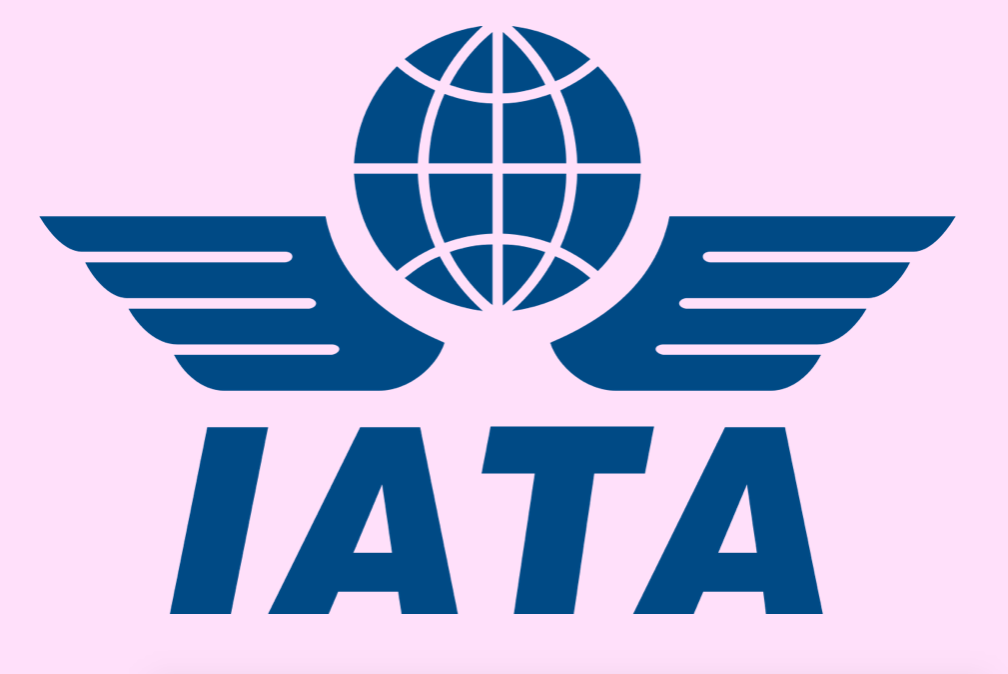
A deal is finalized to establish the headquarters of IATA in Saudi Arabia
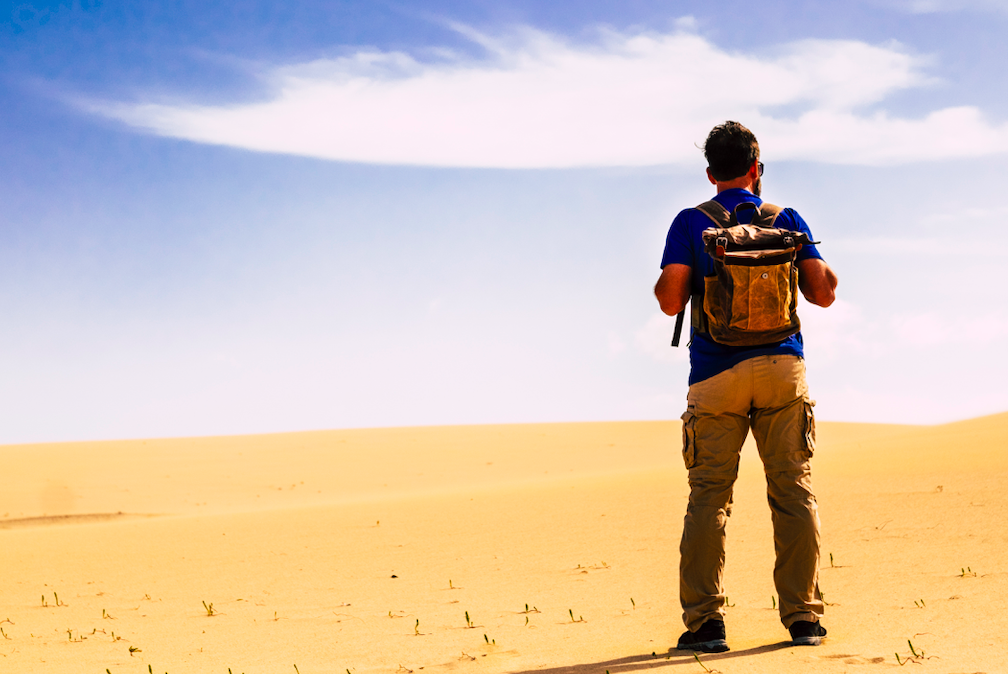
After reopening to visitors, Dubai at the forefront of global tourism recovery
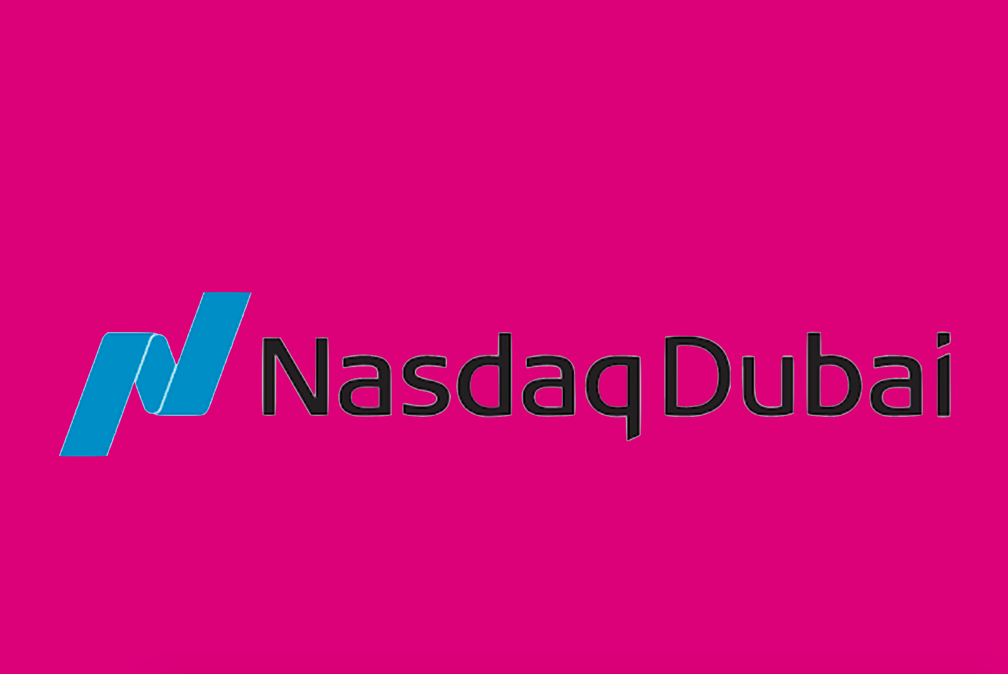
The Nasdaq Dubai welcomes the listing of $750 million EDB bond
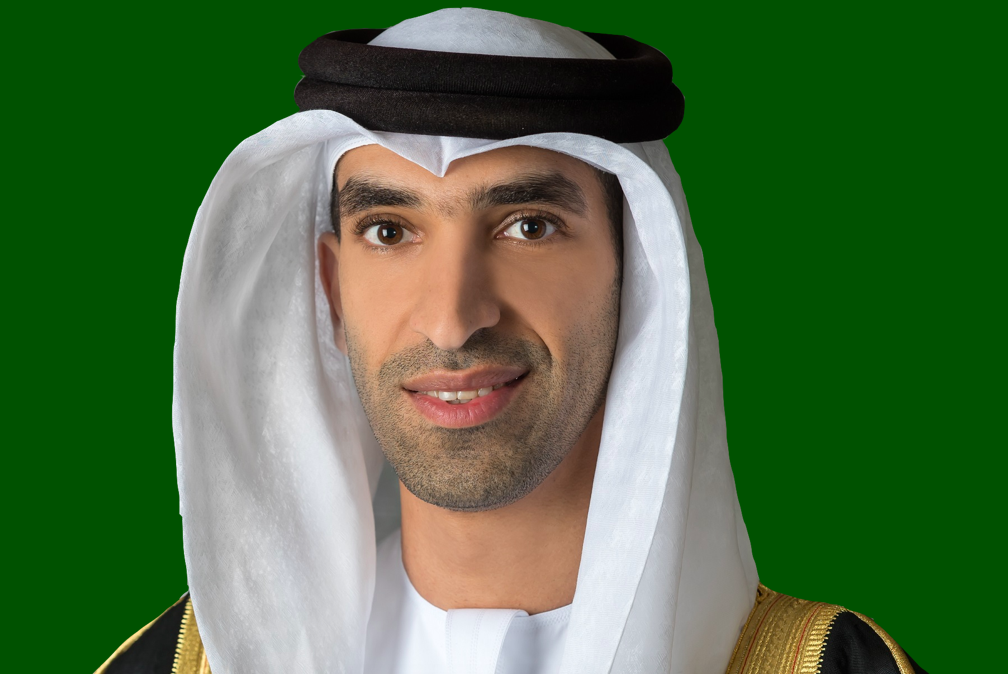
UAE and Montenegro will enhance economic and tourism partnership
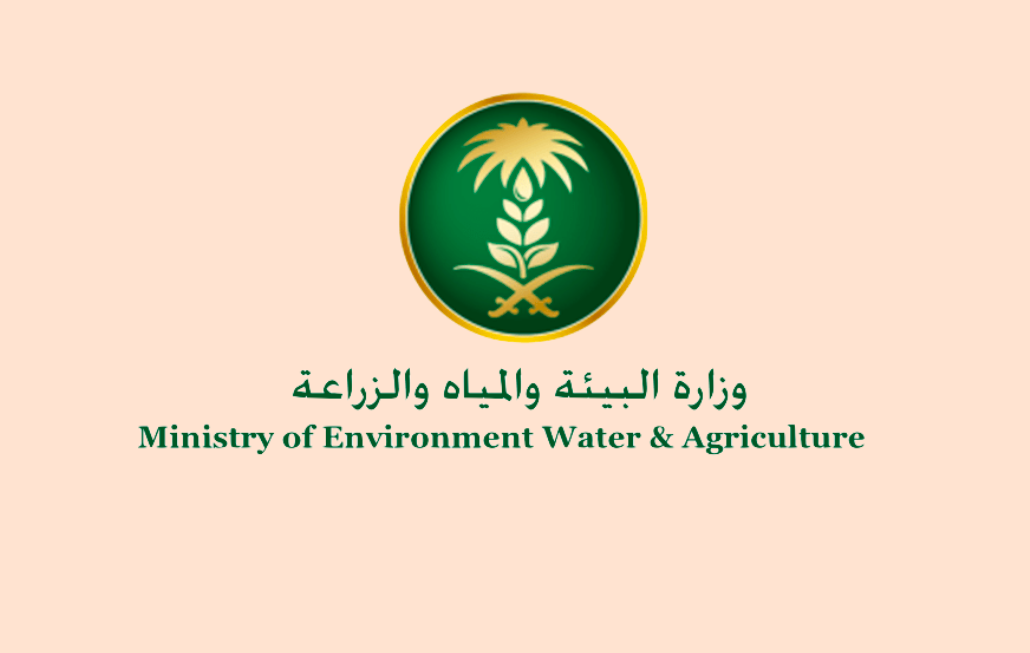
A new mechanism will prevent the import of fruits and vegetables from epidemic-stricken nations
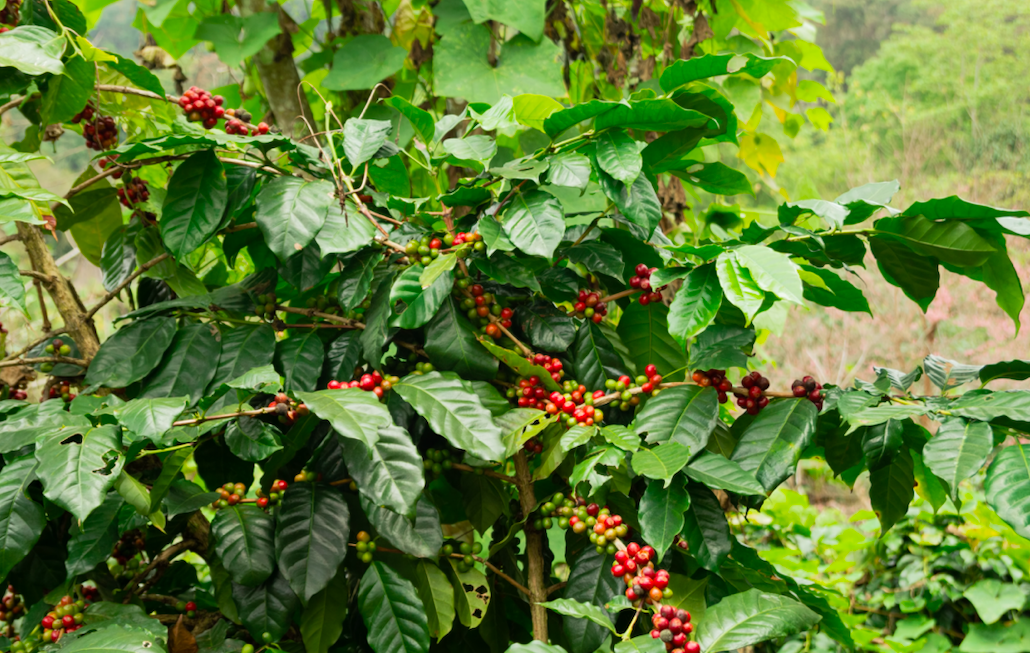
Planting 250,000 extra trees in three years signifies a quantum leap in coffee agriculture
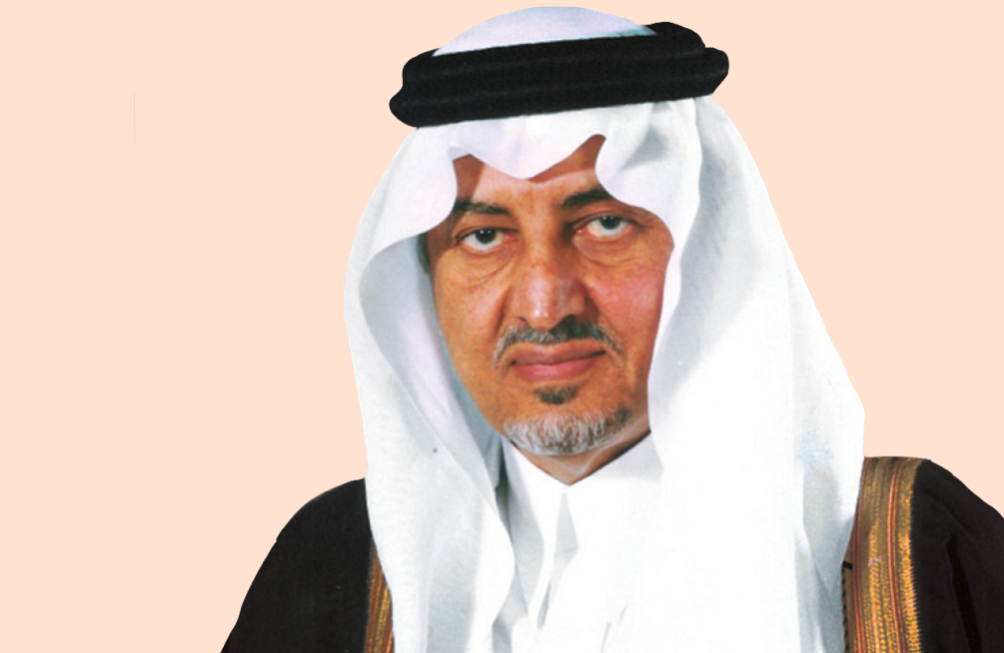
The meeting of the Central Hajj Committee is presided by Prince Khaled
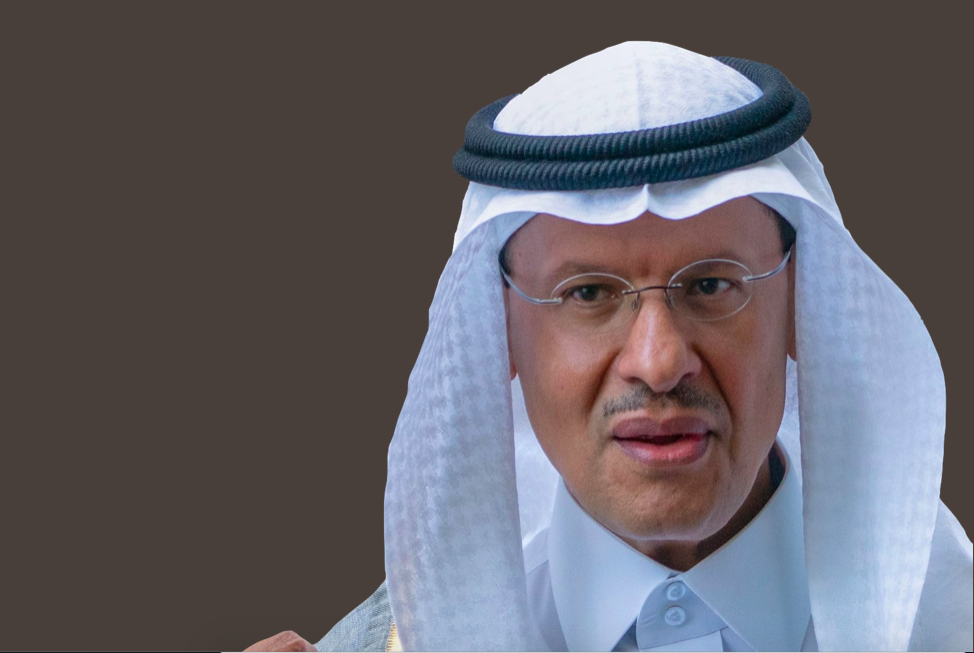
Saudi Arabia made the biggest sacrifices to strengthen the oil market: Energy Minister
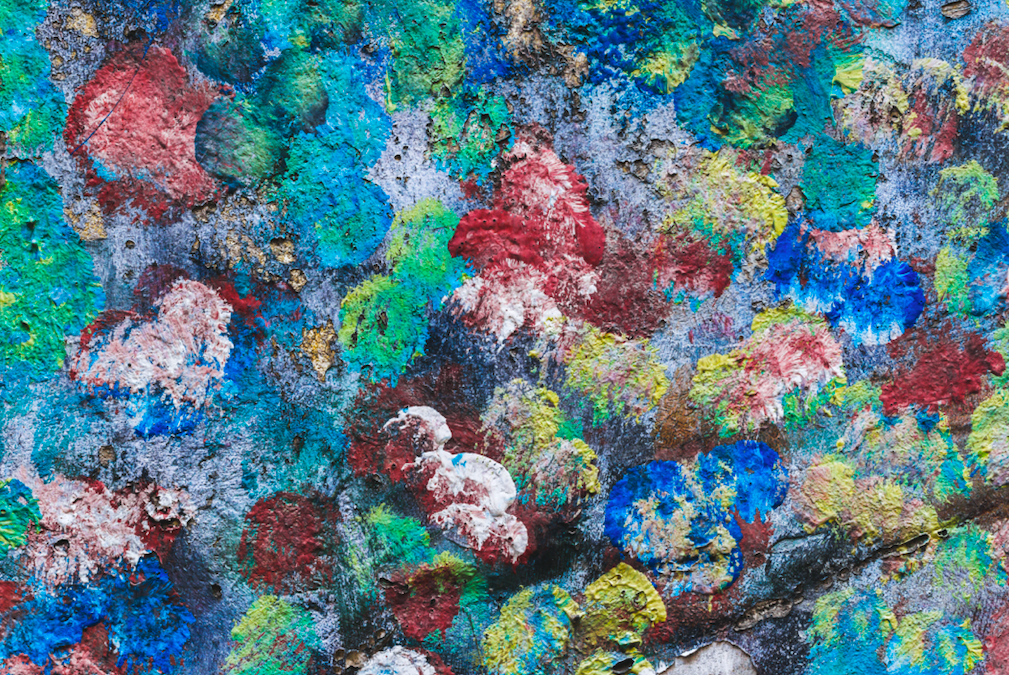
Pakistani artists unite to paint Karachi's walls to beautify the city
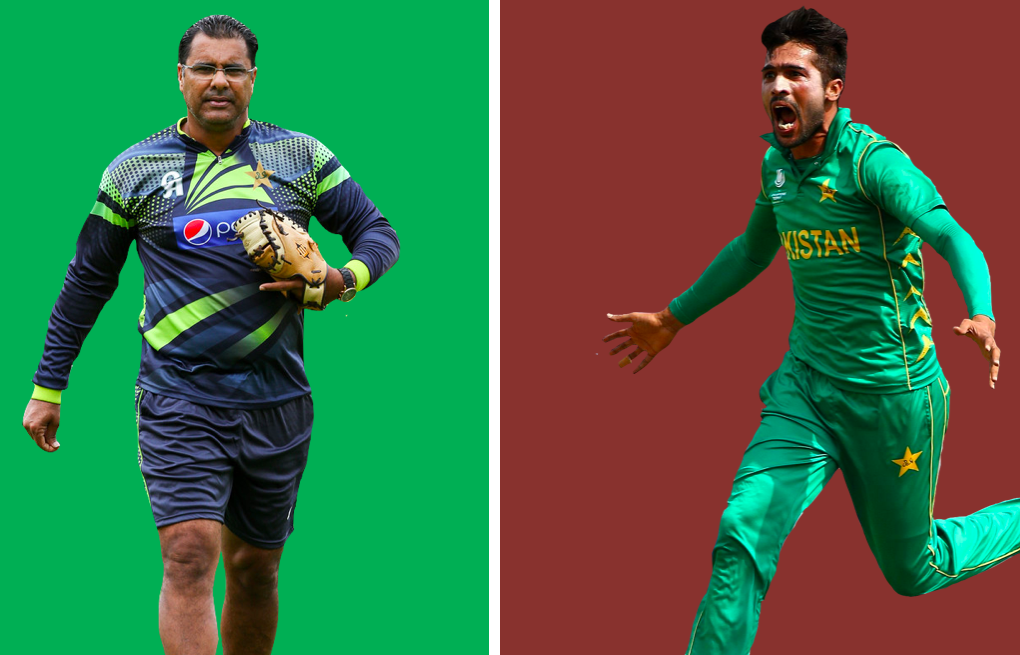
Amir needs home success to return to international competition: Younis
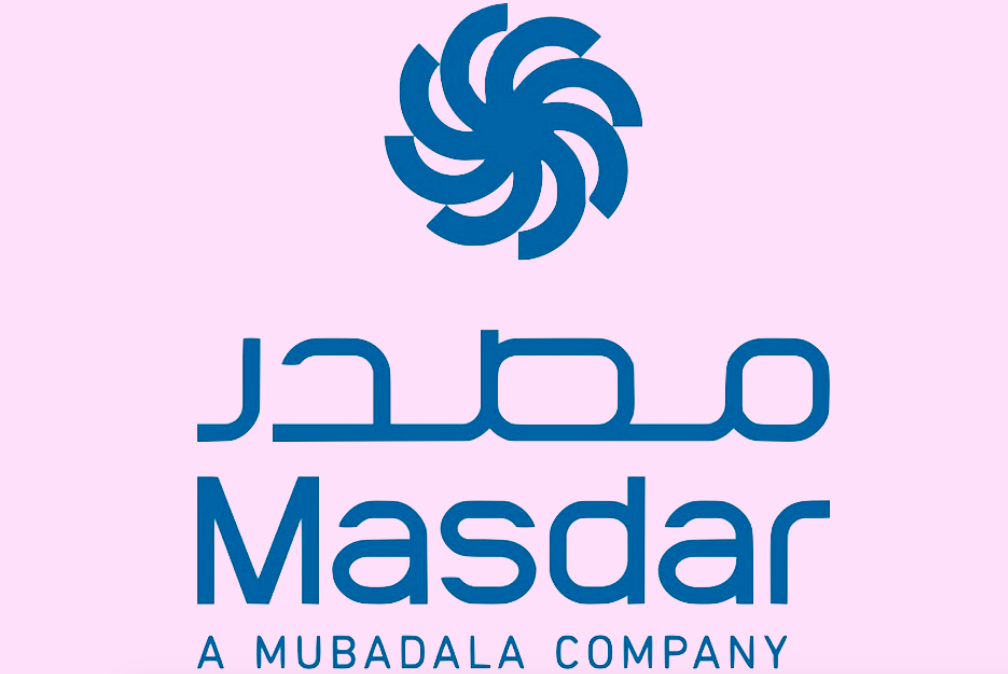
Masdar will construct a solar project worth $174m in Armenia

The region's first autonomous port truck system will be installed
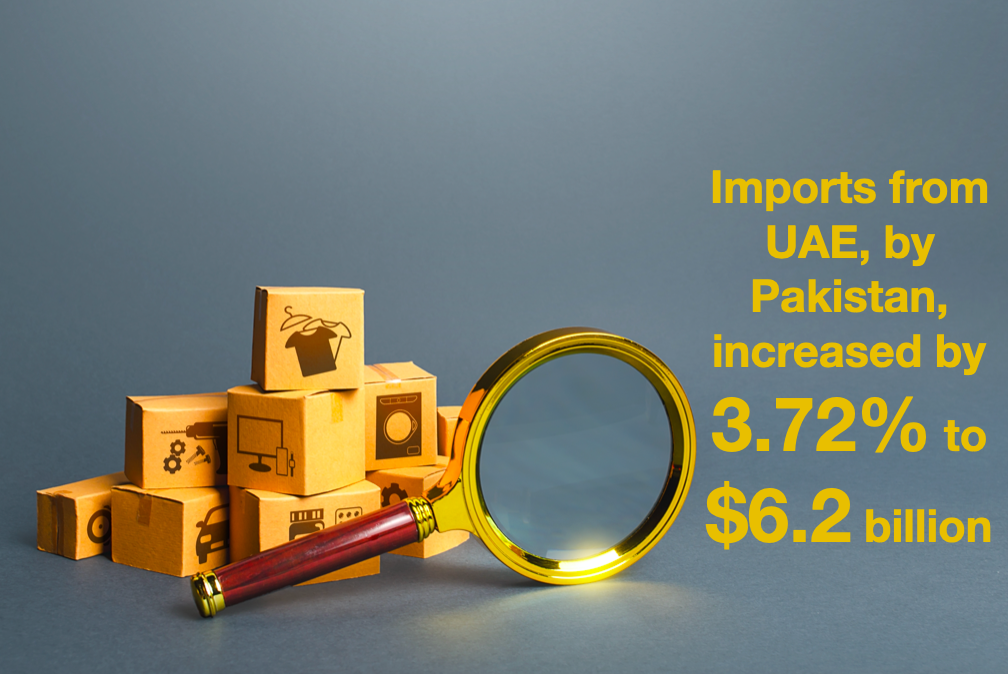
Imports from UAE, by Pakistan, increased by 3.72% to $6.2 billion
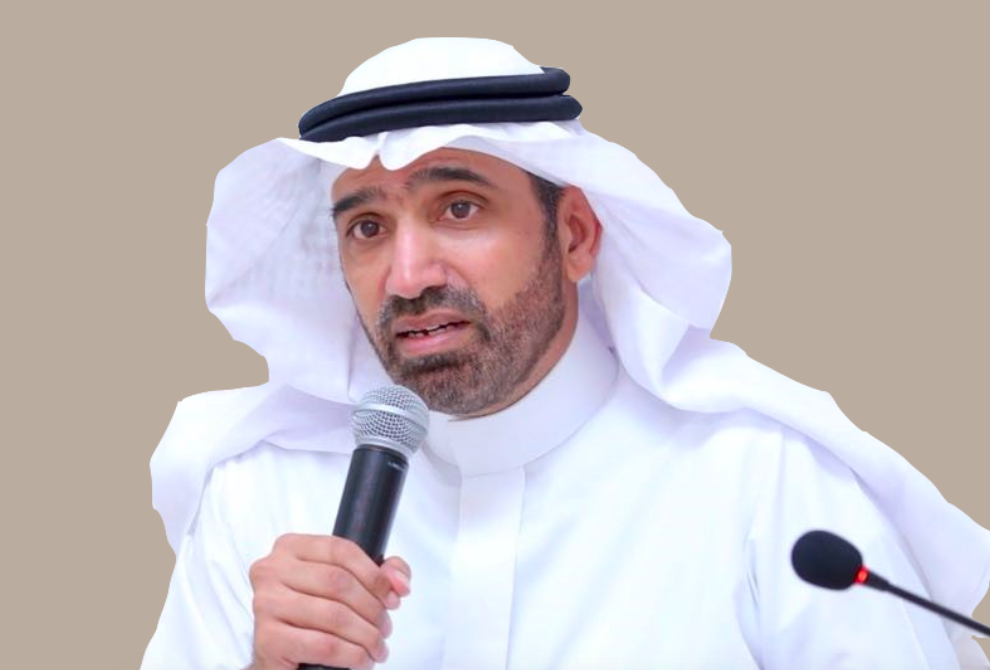
Women account for 35% of the 200,000 new labor-force entrants
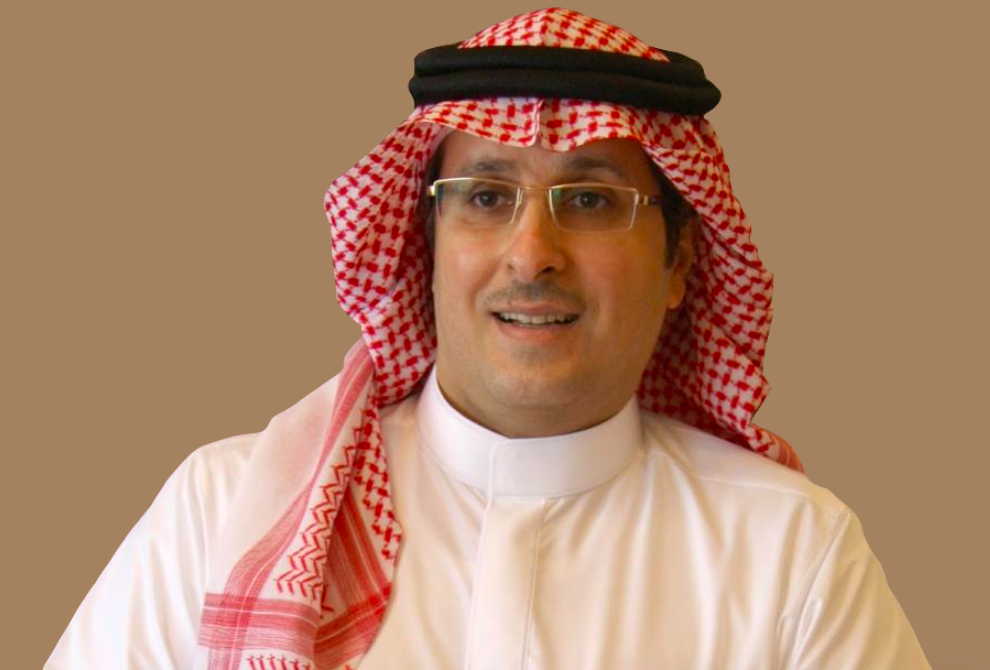
Two Saudis were appointed as members of the International Court of Commercial Arbitration
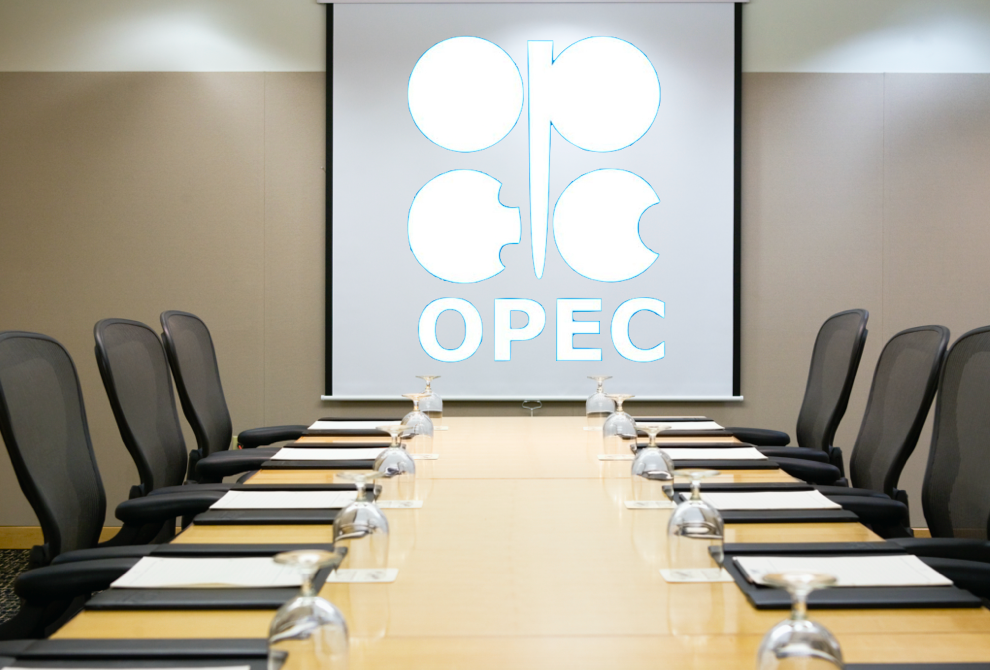
As the oil policy stalemate persists, OPEC+ abandons its meeting

To treat patients, Specialists in Jordan plans to use music therapy
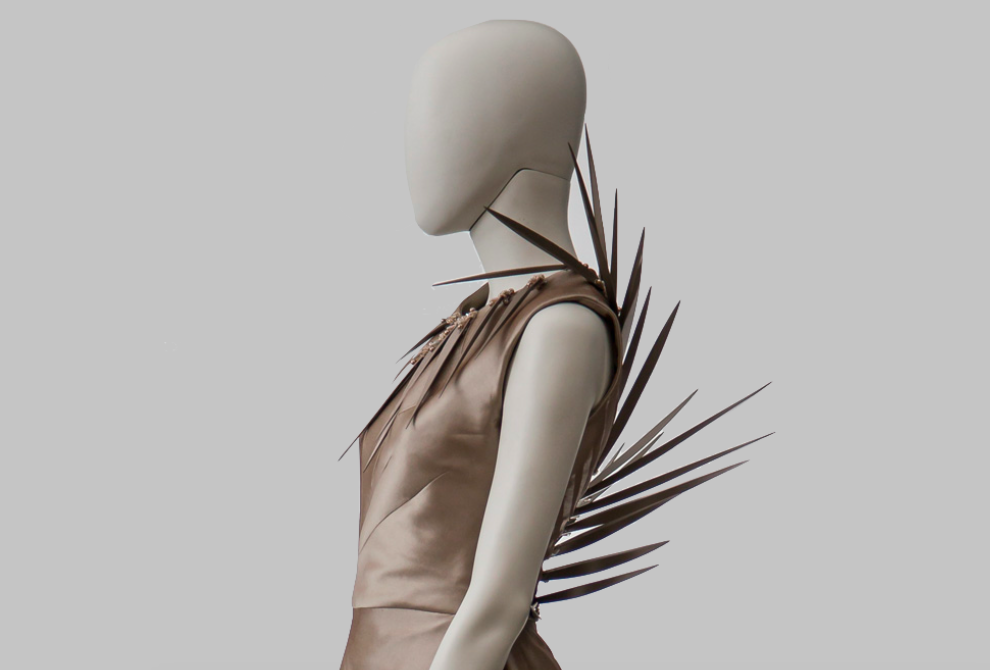
1971 – Design Space, Sharjah, conducts two exhibitions based on local issues
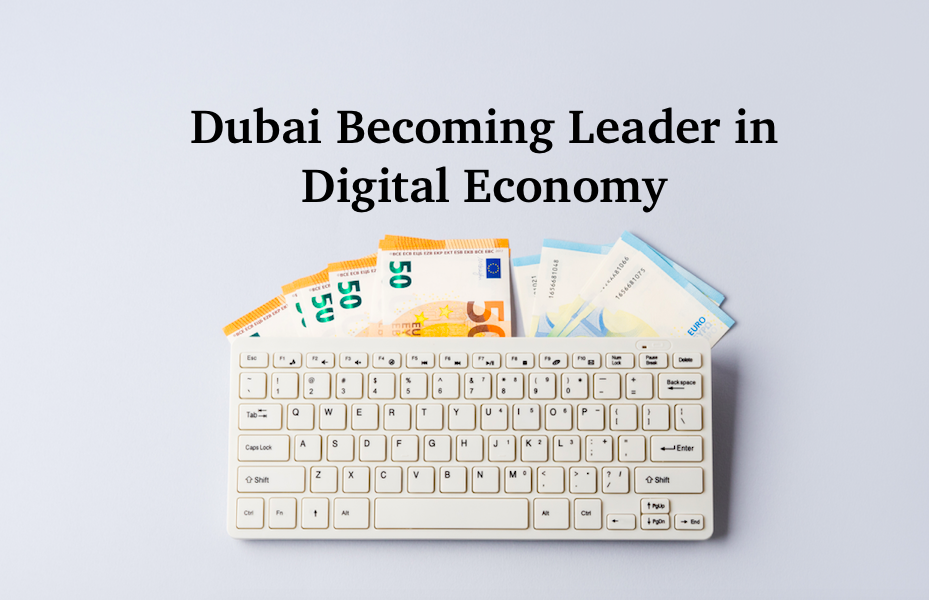
A new roadmap is developed to boost Dubai's position as a leader in the digital economy



 ENG
ENG


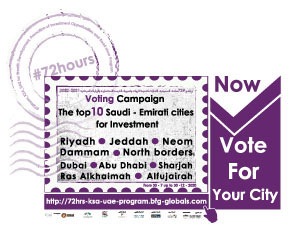
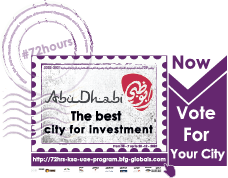
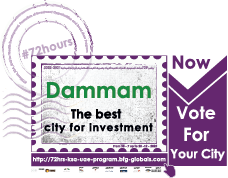
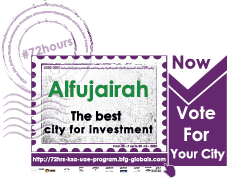
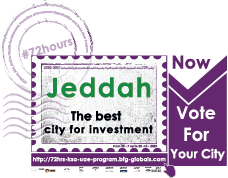
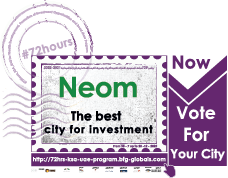
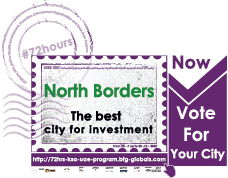
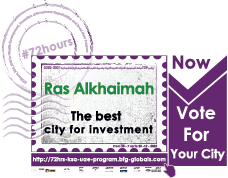
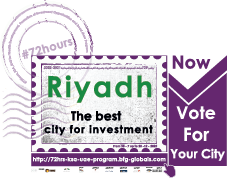
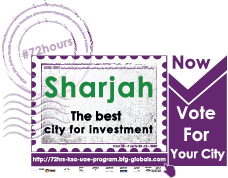









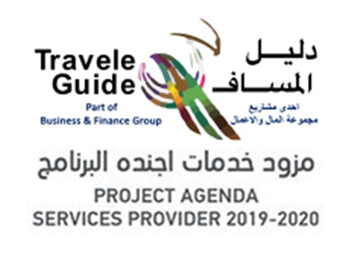










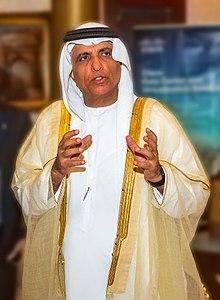








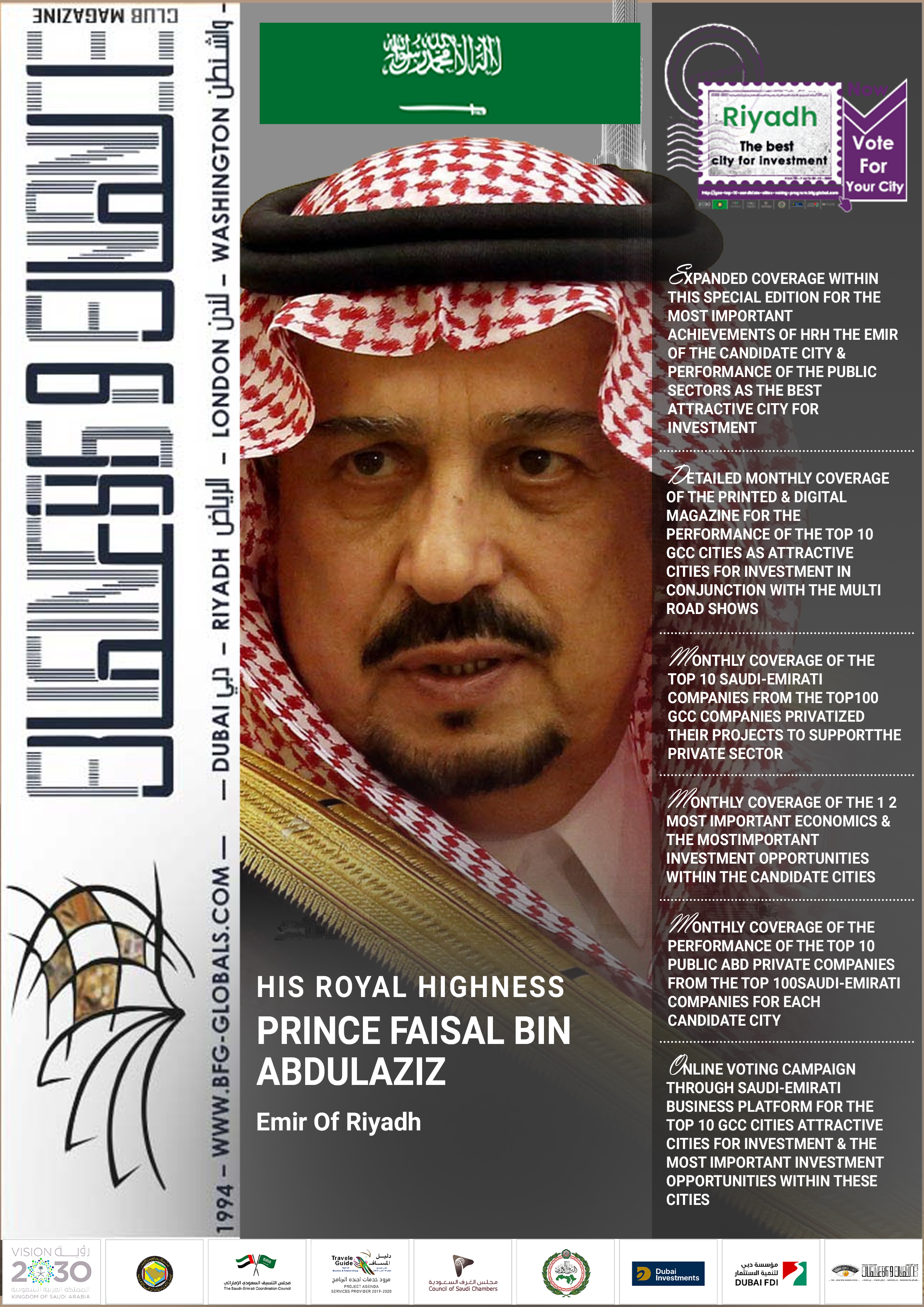
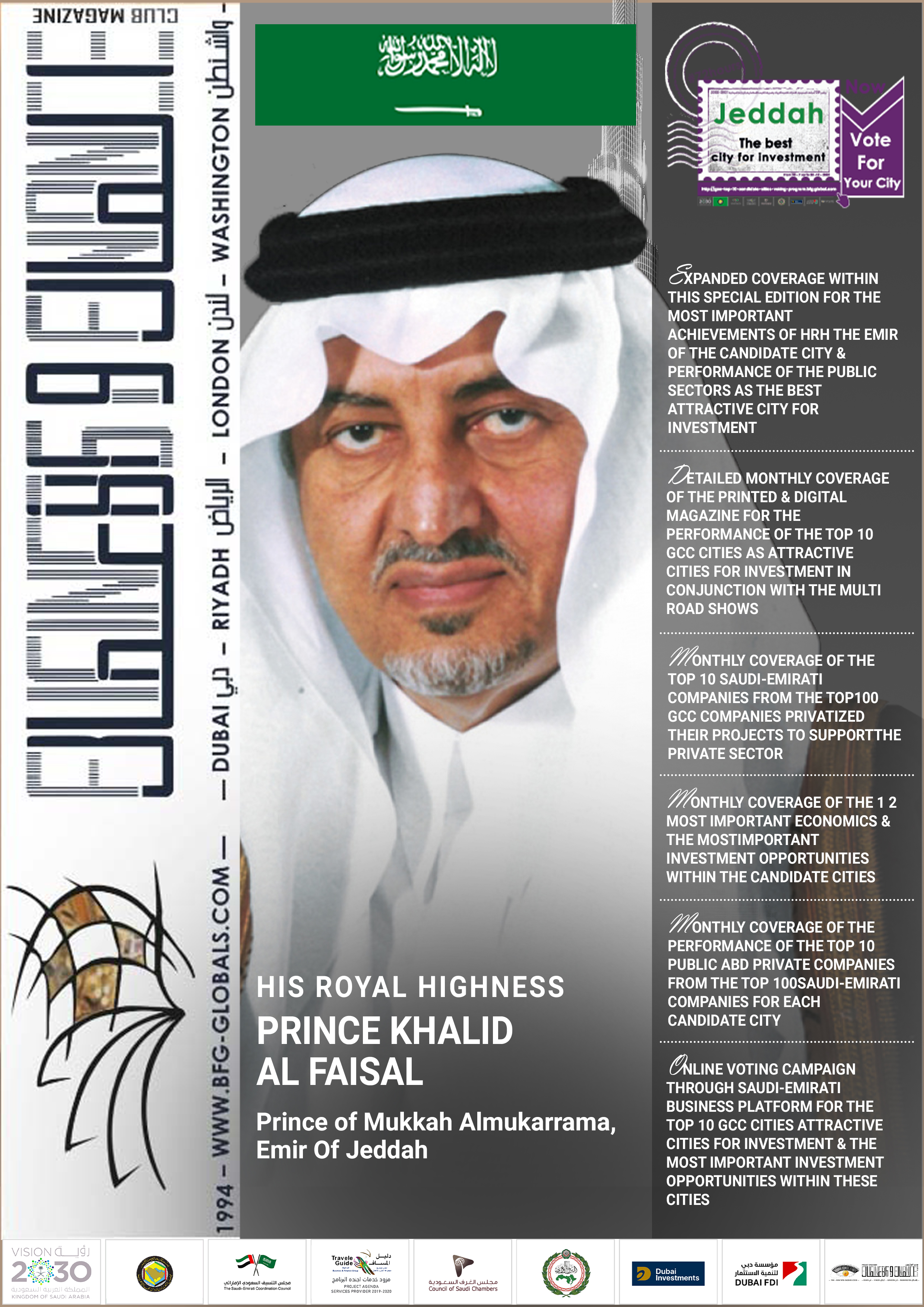
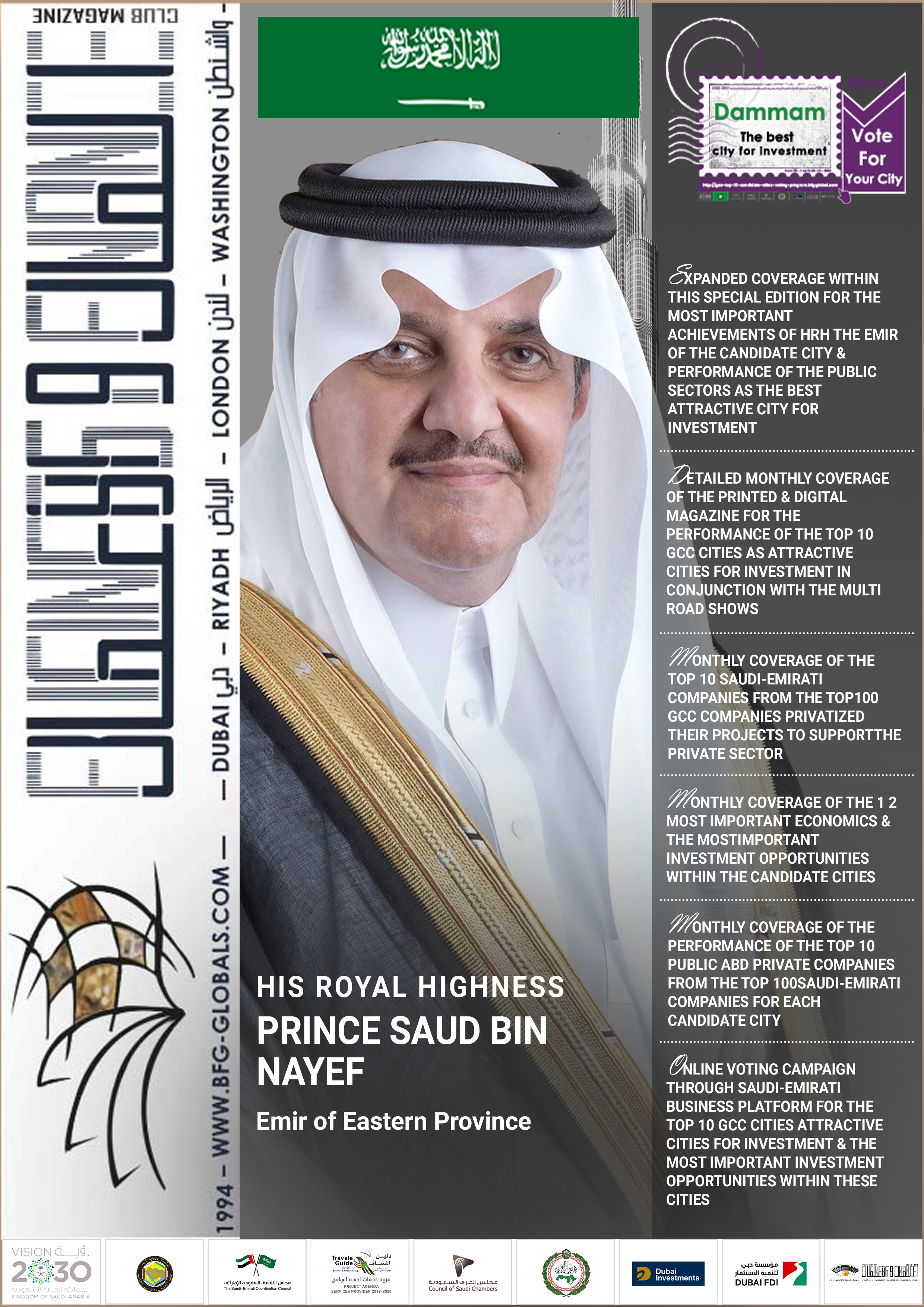
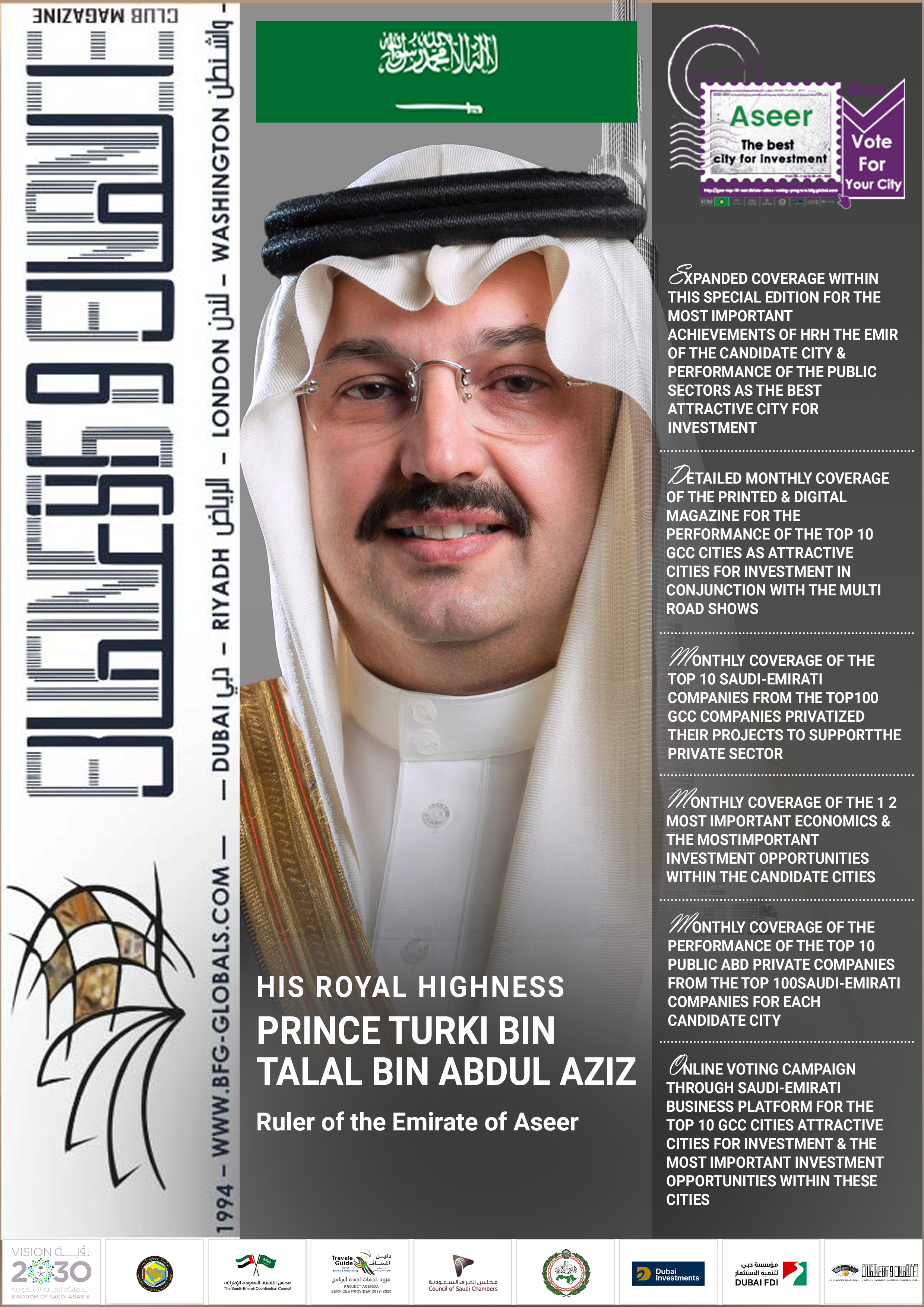
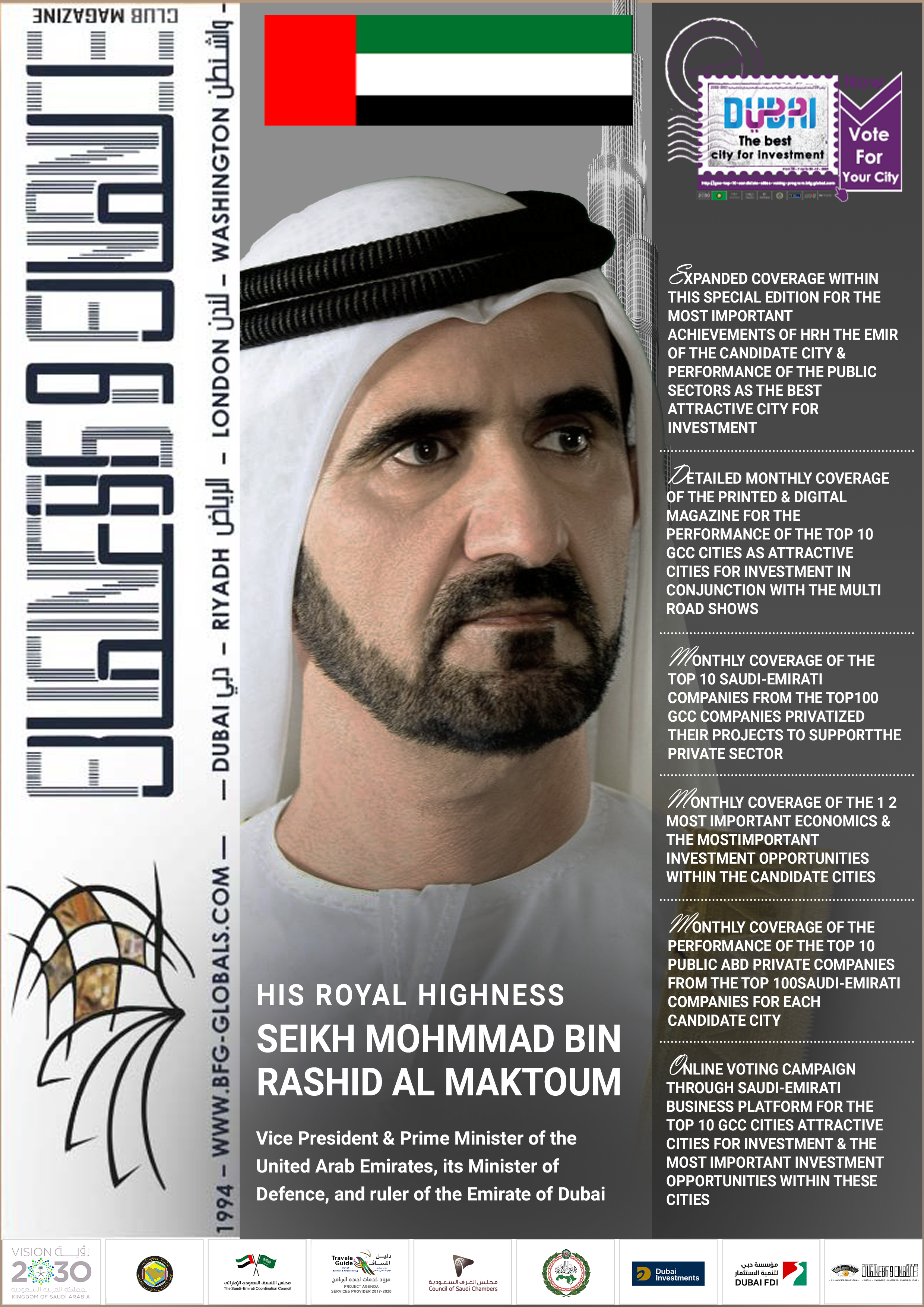
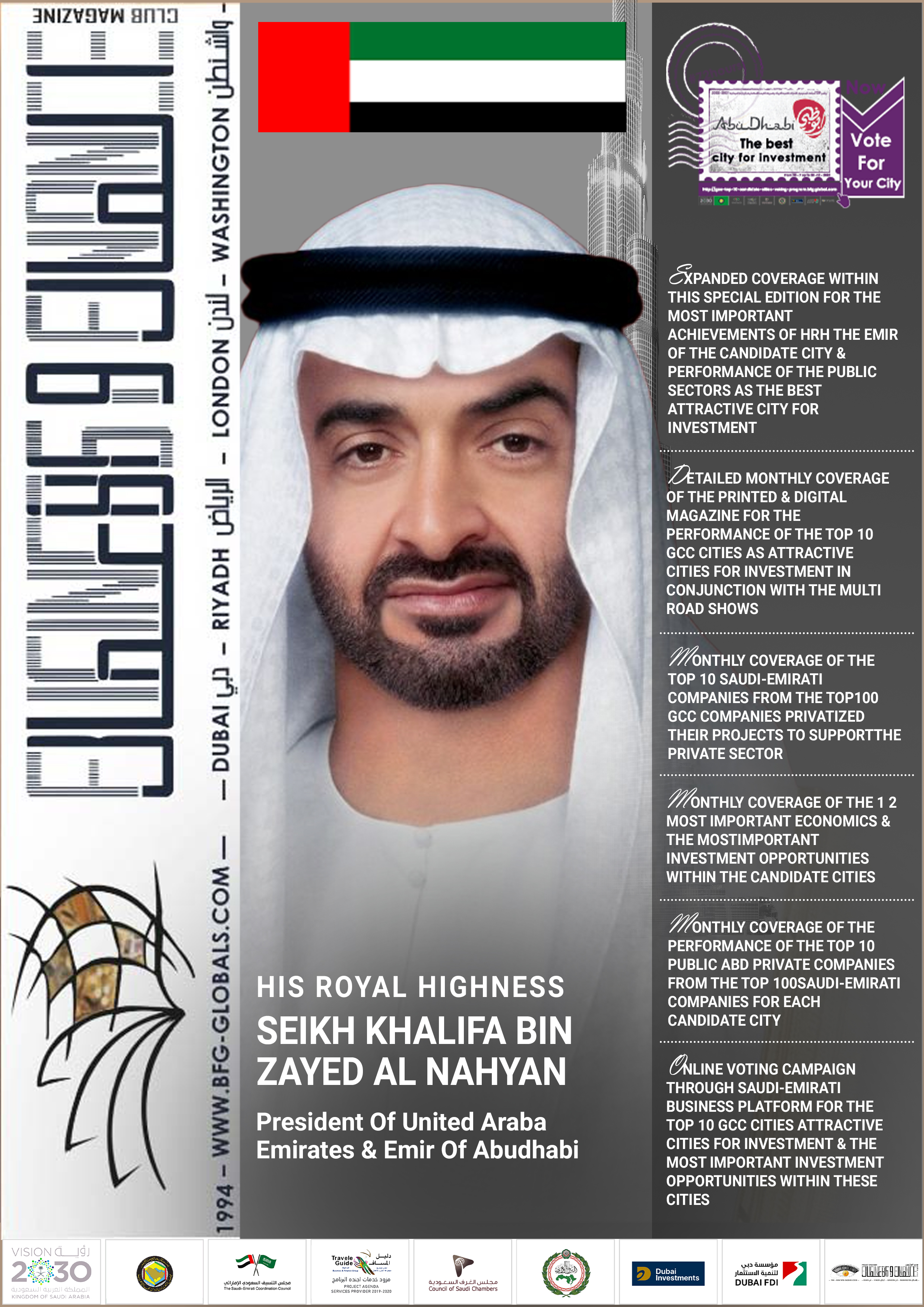
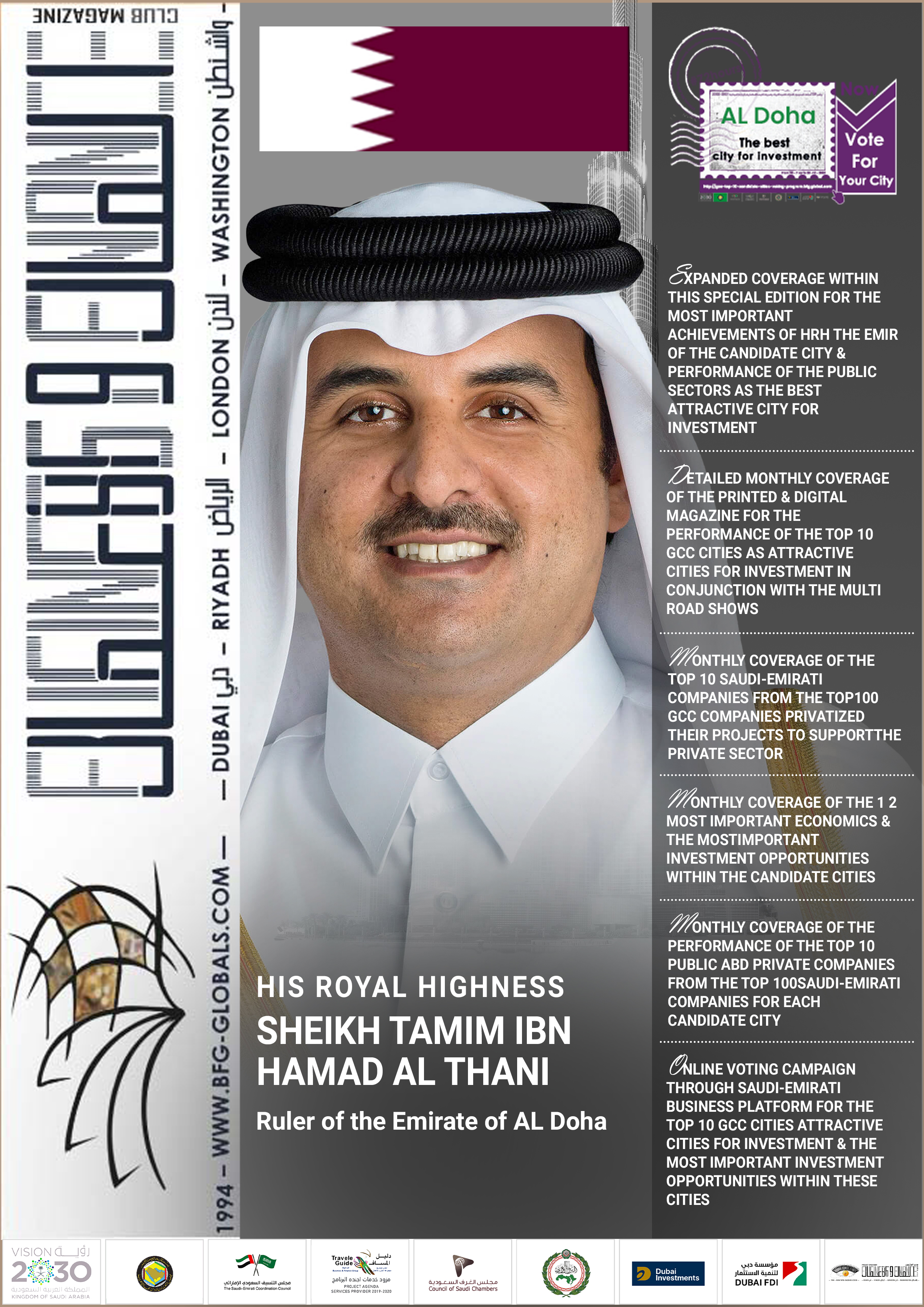
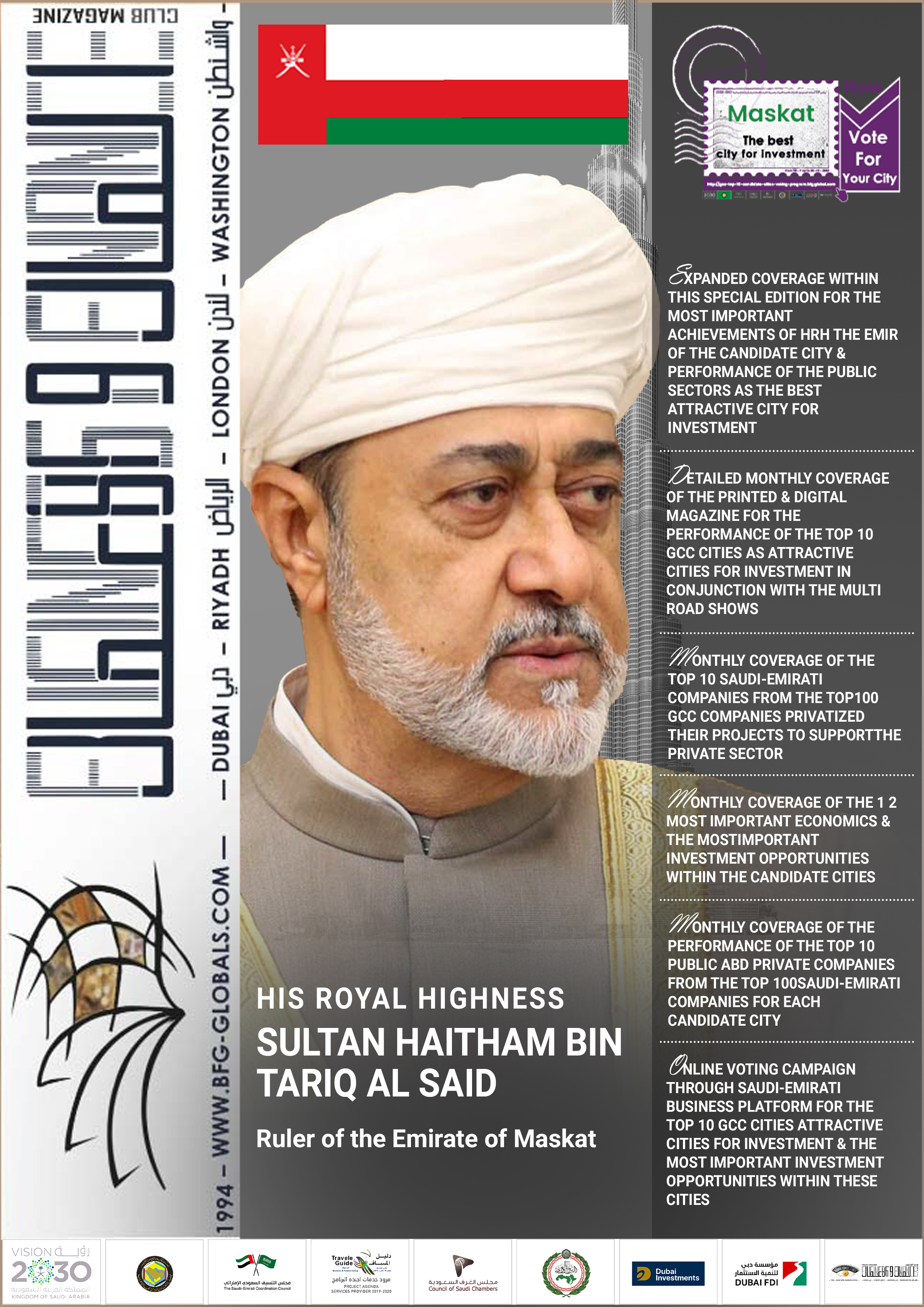
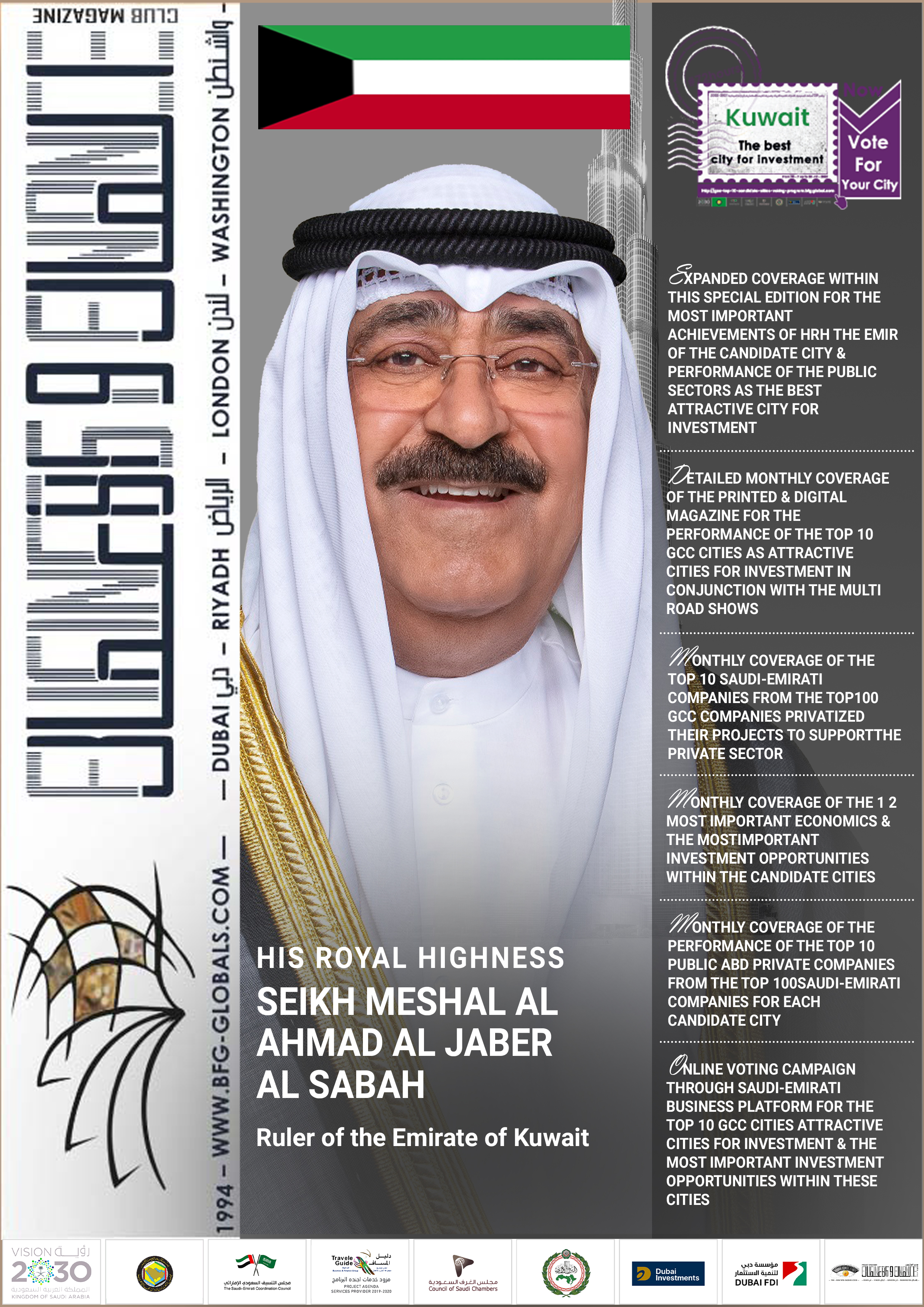
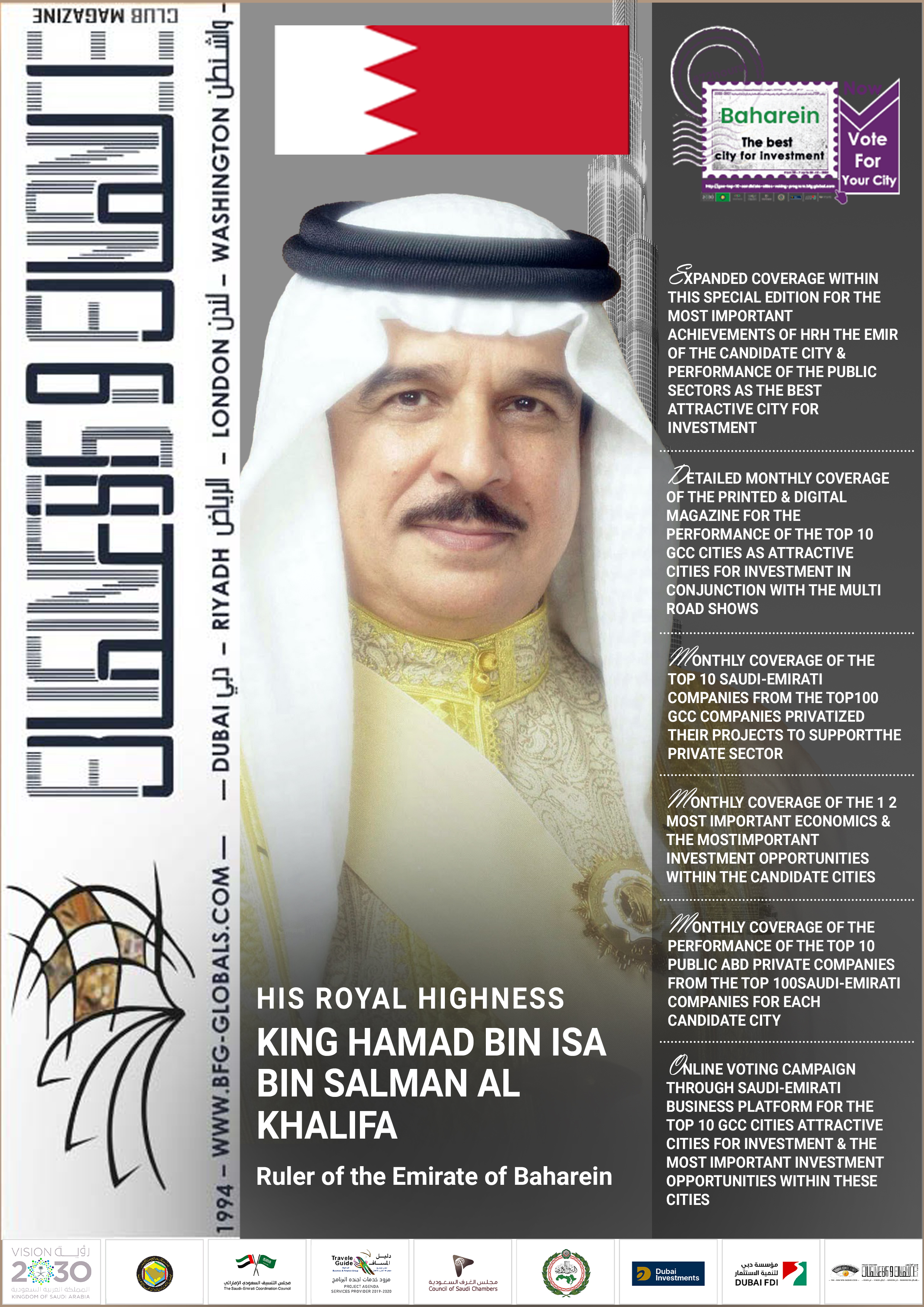
















CONNECT WITH US: